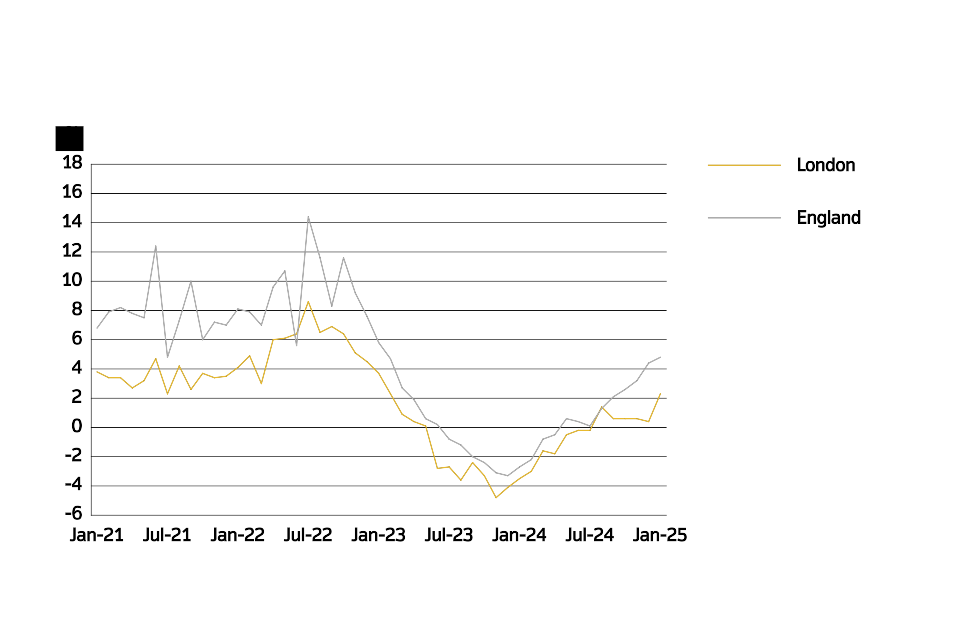
The Importance of UK House Prices
The housing market is a fundamental pillar of the UK economy, influencing everything from consumer confidence to investment trends. Recent shifts in UK house prices have captured the attention of both prospective homeowners and investors alike, making it essential to understand current trends and potential future developments.
Current Trends in House Prices
As of late 2023, data from the Nationwide Building Society indicates that average UK house prices have seen fluctuations with a current average of around £256,000. This is a slight decline from previous year highs, reflecting ongoing economic uncertainties and shifts in interest rates. The Bank of England has raised interest rates multiple times this year, aiming to combat inflation, which has had a direct impact on mortgage affordability and, consequently, housing demand.
Furthermore, according to the Halifax House Price Index and various industry analysts, the market has been affected by regional variations, with areas such as London experiencing more pronounced dips in prices compared to rural areas where demand remains strong. The impact of remote working continues to fuel interest in suburban and countryside properties, further complicating the overall market picture.
Factors Influencing House Prices
Several factors contribute to the current climate of UK house prices. Firstly, the cost of living crisis, exacerbated by high inflation rates, has placed constraints on household budgets, limiting capacity to purchase homes. In addition, supply chain disruptions and elevated construction costs have slowed down the delivery of new housing stock, which continues to be a significant issue in meeting the long-term housing demand.
Another critical element is government policy on housing. The recent extension of the Help to Buy scheme has aimed to assist first-time buyers, yet there are calls for more comprehensive measures to improve affordability and access in the market.
Outlook for the Future
Forecasts for the UK housing market are mixed. Some analysts suggest a stabilisation of prices as economic conditions improve, while others warn of continued volatility in the face of inflation and economic slowdown. The House of Commons Treasury Committee notes that the long-term outlook may depend heavily on economic recovery strategies and changes to housing policy.
Conclusion
The current state of UK house prices highlights the complexity of the housing market, affected by a range of economic and policy factors. For potential buyers and investors, staying informed about market trends and macroeconomic conditions will be crucial in navigating this evolving landscape. As we move into the upcoming year, continued observation of market indicators will be vital in anticipating where UK house prices may head next.
You may also like

The Dynamics of Price in the Modern Economy

Current Insights on Shell Share Price

Understanding the Latest Trends in Mortgages
SEARCH
LAST NEWS
- Remembering Wendy Richard: The Promise to Co-Star Natalie Cassidy
- How Did Anglian Water Achieve an ‘Essentials’ Rating for Mental Health Accessibility?
- Shai Hope Leads West Indies in T20 World Cup Clash Against South Africa
- What We Know About Weston McKennie: Future at Juventus and Past at Leeds
- What We Know About the Upcoming Live Nation Antitrust Trial